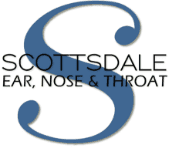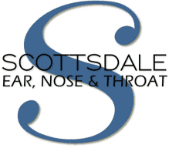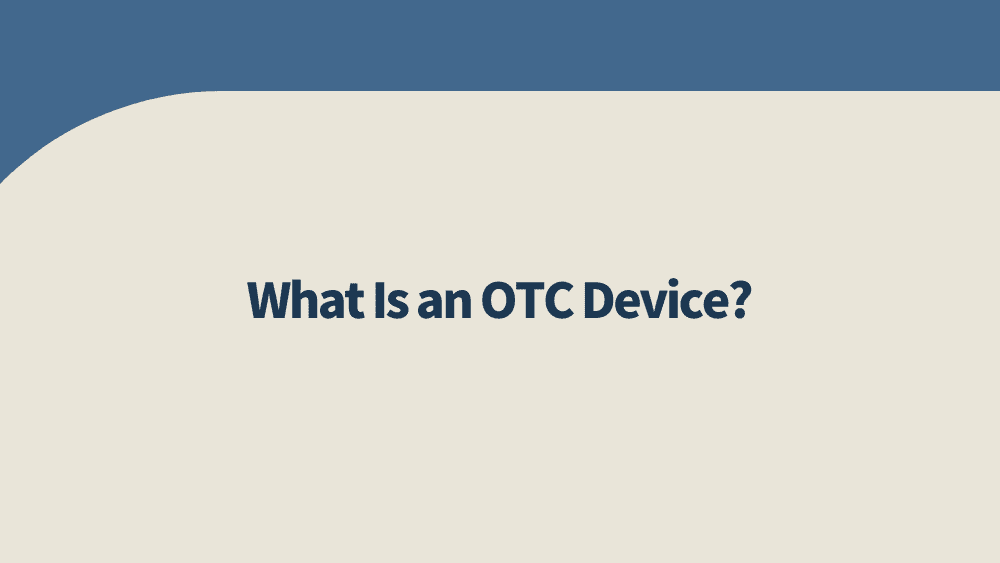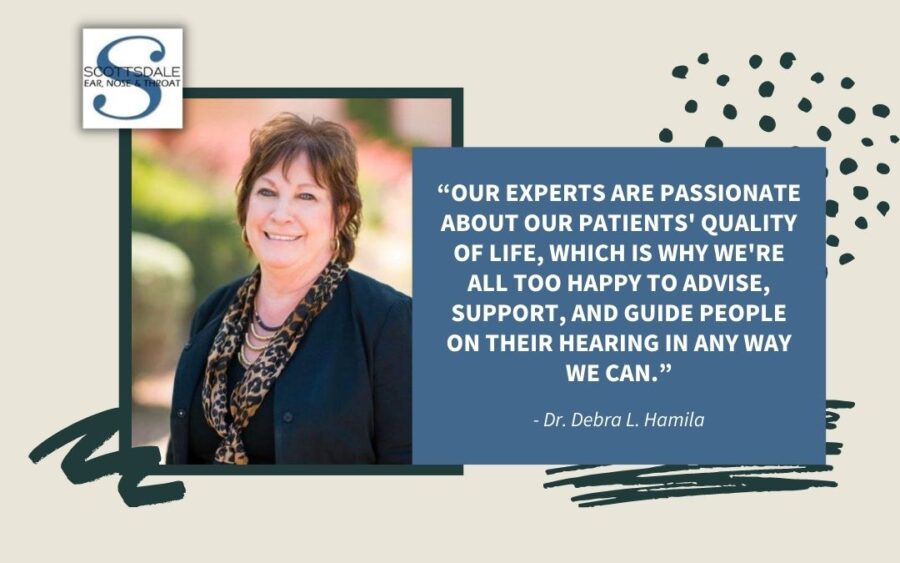With May being Better Hearing Month, all of us are very excited. This gives us a chance to further assist and inform our patients and residents of Scottsdale about proper hearing health and what they can do to improve upon it.
With hearing loss being so common in our community, we take it upon ourselves to always be raising awareness.
However, this month in particular we are joined by so many great hearing experts across the US with the common goal of helping everyone we can.
Due to the pandemic, we have all been doing our part to stay home as much as possible. By doing so has led to a routine that does not include sounds you were used to hearing, so your ears may have lost some of their abilities.
We see this happen to a lot of people and as such, seeking help at the nearest resource, the internet, is natural.
Online, everyone can do their own research, and we see patients coming in with a device they researched on the internet and then bought over the counter.
These OTC devices are the product of crafty marketing and sometimes empty promises. They are very different from the hearing aids we specialize in.
OTC vs. Hearing Aid
OTC — An over-the-counter hearing device is a very simplistic piece of technology. It is designed for the masses as a one-size-fits-all product.
As hearing care experts, we know that a product like this does not exist. Your ears are unique to only you and getting the required help is rarely found off-the-shelf.
An OTC is limited to simply amplifying volume. That means it picks up all sounds that are within range, whether you want to hear them or not. With its limited customization capabilities, this could cause more harm than good.
You also must fit this yourself, which can be very difficult to not only get the right calibration set but then have it sit comfortably inside your ear as well. Ensuring it is securely installed can be very difficult without professional help.
Choosing the right one is also a daunting task, as most patients do not know what exactly they are suffering from.
Sometimes the cure is as simple as removing impacted earwax in which case the patient doesn’t even need a hearing aid or device. An OTC hearing device cannot make this distinction.
Hearing Aids — These are professionally prescribed hearing instruments that are custom-fitted to your specific issue. Oftentimes, patients struggle with a hearing loss long before they make an appointment.
Based on this, we must ensure that anything we fit for you is slowly introduced into your lifestyle and hearing environment. This gives your brain a chance to slowly relearn all the sounds it was missing without overwhelming it.
Your brain used to be able to distinguish between background noise and noise that was important to you.
But after years of deterioration, this has become difficult. Hearing aid technology can eliminate this background noise leaving only the sounds you want to hear. We can calibrate this to recognize what YOU want to hear.
We also provide follow-up support and routine check-ups to monitor your hearing and its progression.
As you age, so does your hearing, and with a professional hearing aid, we can make necessary adjustments to optimize your hearing for years to come from the same hearing aid.
What Option is Best for You?
The first step to recovery and improving your hearing is to schedule a hearing assessment. From there, one of our hearing experts will closely examine not only your physical hearing health but also your hearing lifestyle and routines. That is how we develop custom plans that work.
Get in touch today, and let us help you choose the right path for your hearing health.




